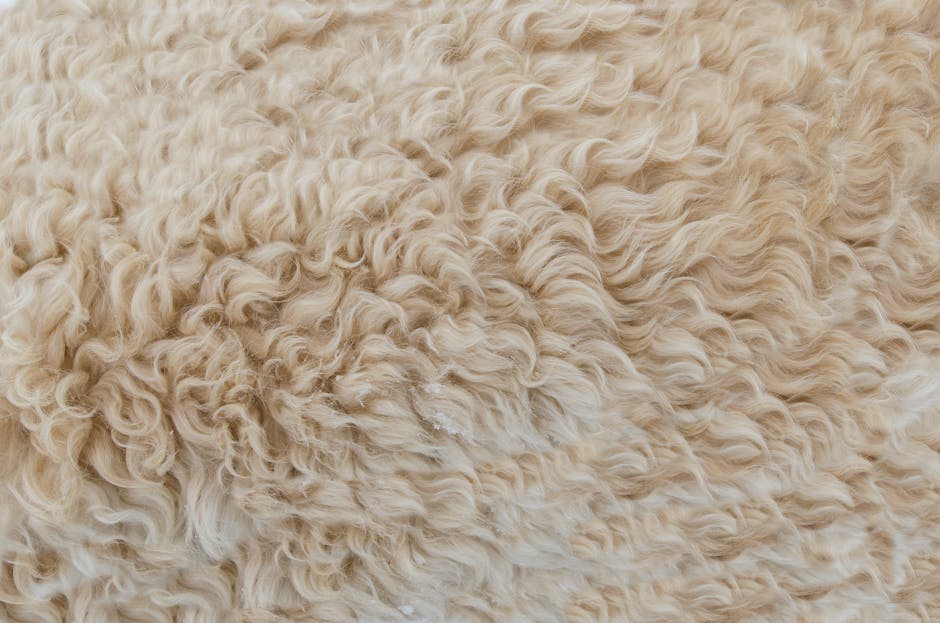Can I Compost Wool?
Wool composts readily because it's a natural protein fiber that breaks down relatively quickly in a compost environment.


Sourced & Cited
Wool is a great addition to your compost pile! It adds nitrogen, helping to balance out the carbon-rich "browns." Just remember to keep an eye on moisture levels to prevent it from becoming too dry and slow to decompose.
Compost Classification
Brown (Carbon-rich): Wool is primarily composed of keratin, a protein that is slow to decompose but still breaks down in a compost pile. Its dry nature contributes significantly to the carbon content needed for successful composting.
🌱 Key Nutrients
This item contributes the following nutrients to your compost:
Nitrogen (N)
🏷️ Tags
Important characteristics to know about this item:
Breaks Down Slowly Use in Moderation Pest Attraction Risk Adds Key Nutrients
⚠️ Potential Risks
- Slow decomposition: Wool can take longer to break down than other materials, especially if not properly prepared.
- Attracting pests: If not managed correctly, a large amount of wool could potentially attract pests to your compost pile.
💡 Best Practices
- Chop or shred the wool into smaller pieces (about 1-2 inches) to increase surface area for faster decomposition.
- Mix the wool evenly throughout your compost pile, rather than adding large clumps in one spot.
- Ensure your compost pile maintains adequate moisture. Wool can absorb moisture, so adjust watering accordingly.
- Consider using hot composting for quicker decomposition.
